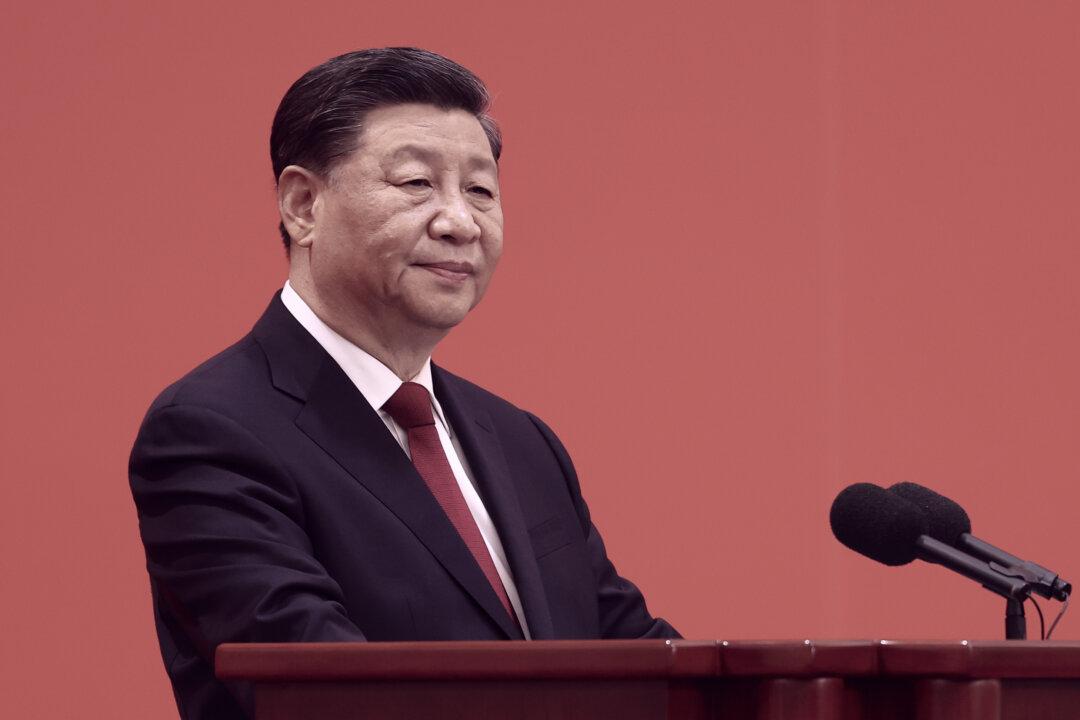Xi Jinping secured his third term as Party leader and has full control of the Politburo, the apex of political power, during the 20th national meeting of the Chinese Communist Party (CCP). Judging from Xi’s defending ideology more than the economy, scholars anticipate the CCP will only intensify its competition and confrontation with the West.
On Oct. 23, the CCP announced the seven members of the Politburo Standing Committee, the Party’s top leadership, with Xi as the party general secretary, and Li Qiang, Zhao Leji, Wang Huning, Cai Qi, Ding Xuexiang, and Li Xi making up the rest.




